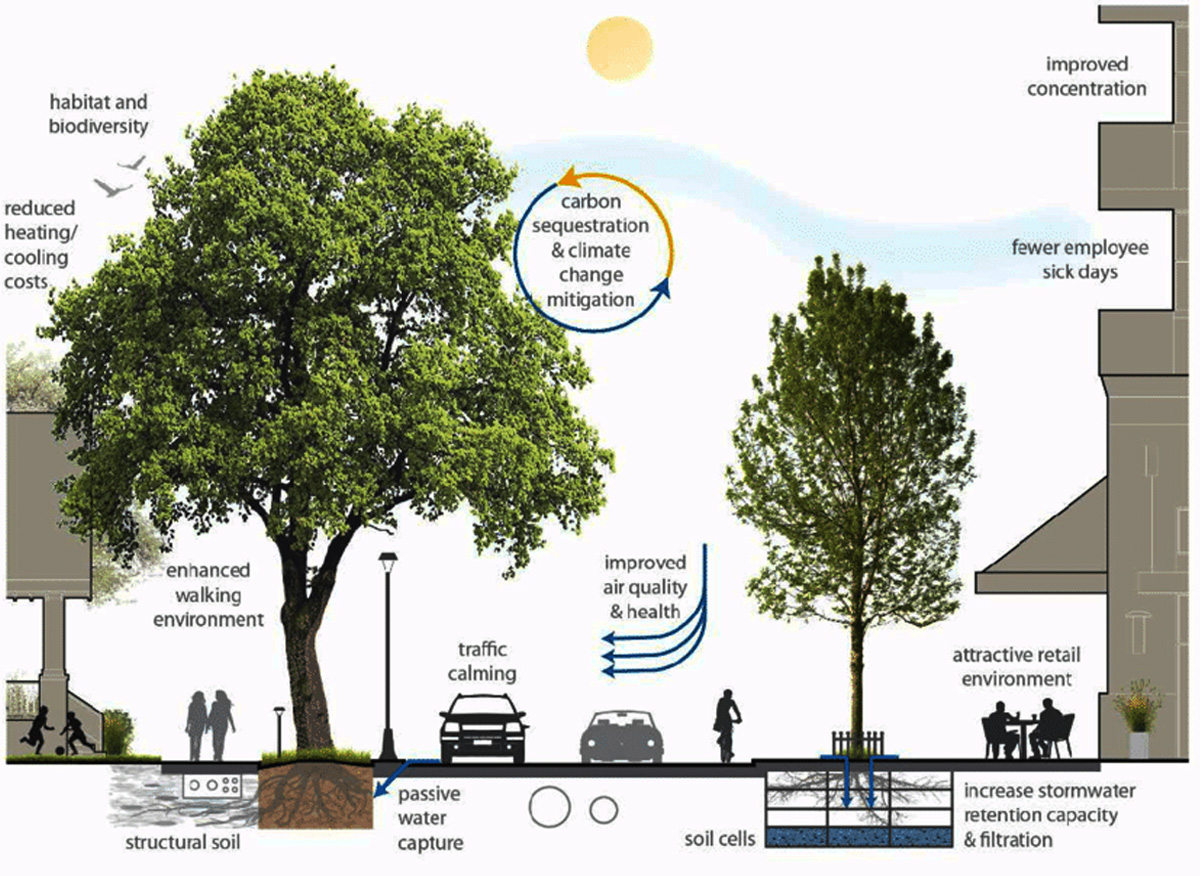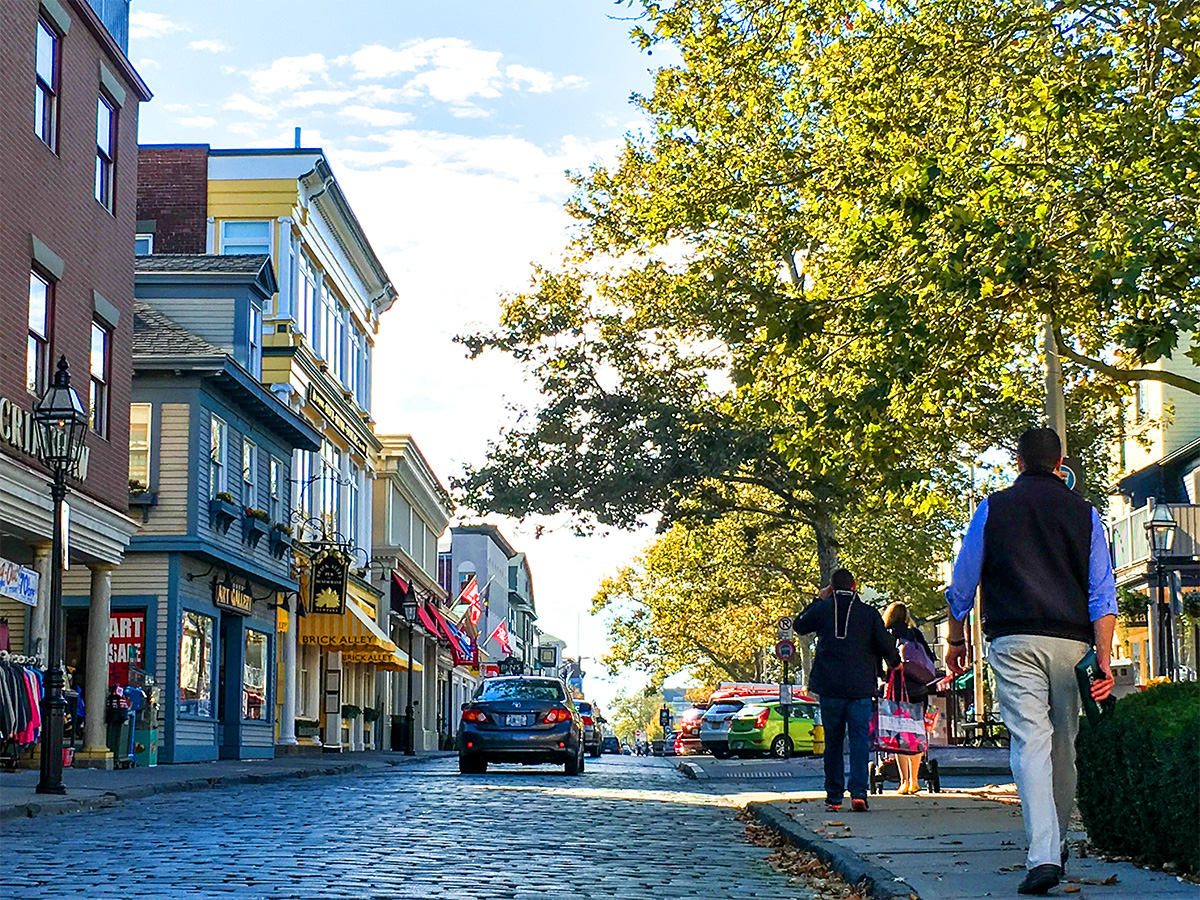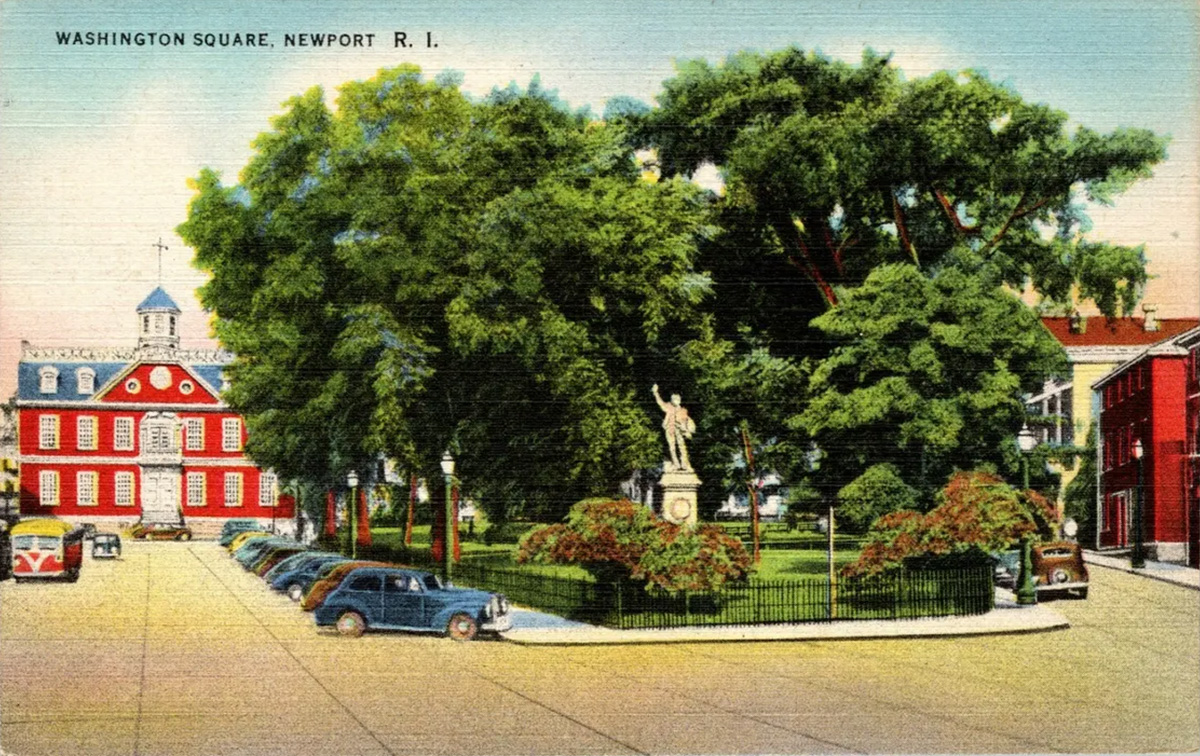Arbor Day, a celebration of trees and a call to action for planting them, will be observed this year on April 25. This annual event has a rich history, rooted in one visionary’s concern for the environment and the well-being of future generations. In 1872, Julius Sterling Morton—a journalist and nature enthusiast who had moved to the Nebraska Territory—proposed a dedicated day for tree planting to the Nebraska Board of Agriculture. Recognizing the treeless plains’ need for windbreaks, fuel, building materials, and shade, Morton’s idea took root and grew.
The first Arbor Day, on April 10, 1872, saw an estimated one million trees planted in Nebraska, marking the beginning of a global movement. Today, Arbor Day is celebrated worldwide, emphasizing the enduring importance of trees in our lives and the health of our planet.
Beyond their aesthetic beauty and practical uses, trees play a crucial role in addressing some of the most pressing environmental challenges of our time—particularly the urban heat island effect and climate change. Urban areas, with their abundance of concrete, asphalt, and buildings, often experience significantly higher temperatures than surrounding rural areas, creating what is known as the urban heat island effect. This phenomenon leads to increased energy consumption for cooling, higher levels of air pollution, and adverse health impacts on residents.

This diagram depicts the important impact trees have in within the urban fabric.
Trees offer a natural and effective solution. By providing shade, they reduce the amount of solar radiation absorbed by urban surfaces. Additionally, through the process of evapotranspiration—where trees release water vapor into the atmosphere—they cool the surrounding air, acting as natural air conditioners for our cities. Strategic tree planting in urban environments can significantly lower temperatures, reduce cooling costs, and improve the overall quality of life for city dwellers.

Trees not only provide environmental benefits, but also add a pleasing aesthetic to the street scape.
The impact of trees extends far beyond urban microclimates. They are vital allies in the fight against climate change, primarily due to their ability to capture and store carbon dioxide (CO₂), a major greenhouse gas responsible for global warming. Through photosynthesis, trees absorb CO₂ from the atmosphere, converting it into the organic compounds they need to grow and releasing oxygen as a byproduct. This carbon is then stored in their wood, roots, and even the surrounding soil, effectively removing it from the atmosphere.

A post card of Washington Square in Newport, RI featuring a luscious patch of greenery.
Mature forests act as significant carbon sinks, holding vast amounts of carbon that would otherwise contribute to planetary warming. Reforestation and afforestation efforts are, therefore, critical strategies in combating climate change—offering a natural and cost-effective way to reduce atmospheric carbon.
Arbor Day is a powerful reminder of the invaluable contributions of trees to our planet and our well-being. From mitigating sweltering heat in urban landscapes to capturing the carbon emissions driving climate change, the simple act of planting a tree carries profound environmental benefits. As we face the escalating challenges of a changing climate, embracing the legacy of Arbor Day and actively participating in tree-planting initiatives is not just an act of environmental stewardship, it’s a vital step toward a healthier, more sustainable future for all.

“The Newport Tree Conservancy is committed to supporting the health and resiliency of trees in Newport, RI. We are connecting our community with their city-wide arboretum, and planting the next generation of Newport’s urban forest.” – Newport Tree Conservancy
In Newport the Arbor Day Arboretum planting efforts are led by the Newport Tree Conservancy, which was founded in 1987. The Newport Tree Conservancy not only provides free trees to be planted, but also hosts events and tours to celebrate the city’s trees. So, this year on April 25, go hug—or even better, plant—a tree!
Ross Cann, RA, AIA, LEED AP, is an author, historian, teacher and practicing architect living and working in Newport, RI. He holds degrees in Architecture and Architectural History from Yale, Cambridge, and Columbia Universities.
